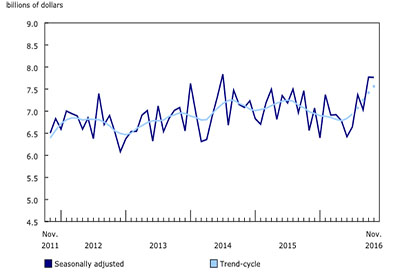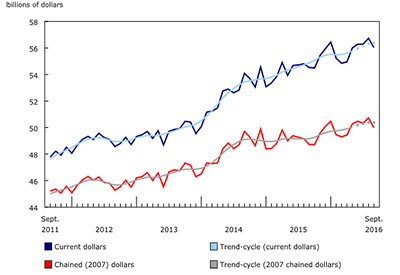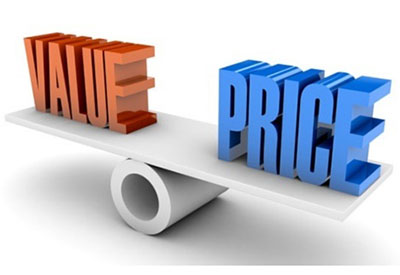Latest Round of Tariffs Puts the Brakes on Copper’s Rally

Sept 30, 2018
By Jim Williams
That momentum we saw two weeks ago for the price of copper quickly disappeared at the start of last week thanks to new tariffs put in place by both the U.S. and China. The copper market saw a near immediate reaction as copper tumbled.
Copper had moved a whopping 7.99% higher and closed at US$2.8575 per pound on the December futures contract on the heels of falling inventories. If you prefer to follow copper by the ton, the red metal had climbed to its highest since July 10 at US$6,382.5 a ton. Last week copper opened one morning at US$2.82 per pound. Three-month copper on the London Metal Exchange dropped to US$6,214 a ton.
As you likely already know, the United States and China have imposed fresh tariffs on each other as the world’s biggest economies showed no signs of backing down from an increasingly bitter trade dispute: the U.S. imposed tariffs on US $200 billion worth of Chinese goods and Beijing retaliated with tafiffs on US$60 billion worth of U.S. products.“Rising trade tension put a stop to the rally that emerged late last week in the base metals sector,” ANZ said in a note. “China also called off planned talks with the United States, with the chances of anything happening before the U.S. midterm election now highly unlikely.
”President Donald Trump hinted earlier that the trade war won’t end any time soon, and said in an interview with Fox News that it’s time to “take a stand on China.”
“Eventually the trade wars are going to come back to bite the U.S.,” Bank of America Merrill Lynch’s head of global commodities and derivatives research Francisco Blanch told Investing.com. “It could take longer, it could take shorter, eventually it’s going to happen, but maybe the Fed acknowledges it sooner, which is what people are going to be looking for in terms of getting more bullish on gold. We know that trade wars are not good for the economy.
”The Trump administration has pushed for a more cautious approach to interest rate hikes as the President believes they work counter to his initiatives for economic growth via tax and regulatory reforms. At the same time, higher rates would push up the value of the U.S. dollar versus the euro and other world currencies, which works contrary to the current attempt to level the playing field in international trade. A stronger dollar makes U.S. products less competitive in global markets.
Jim Williams is a columnist for tED Magazine, where this article first appeared, www.tedmag.com.











